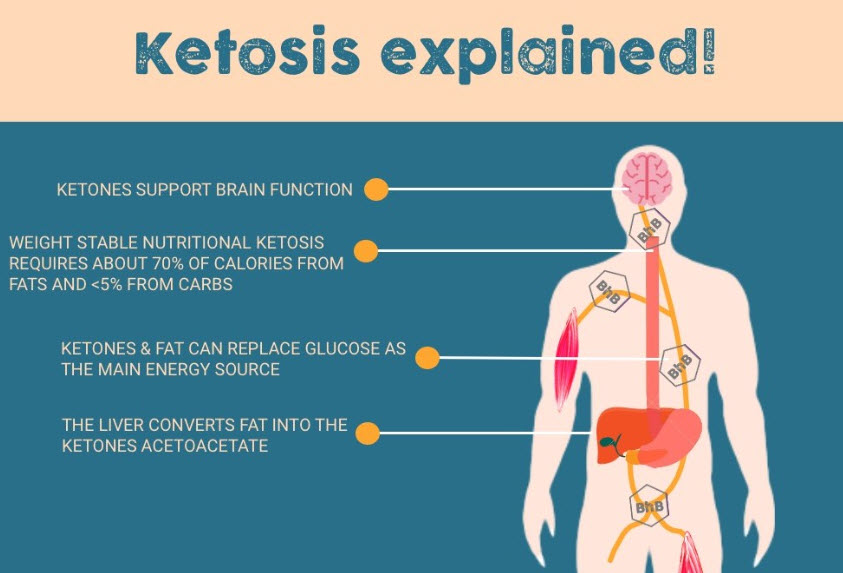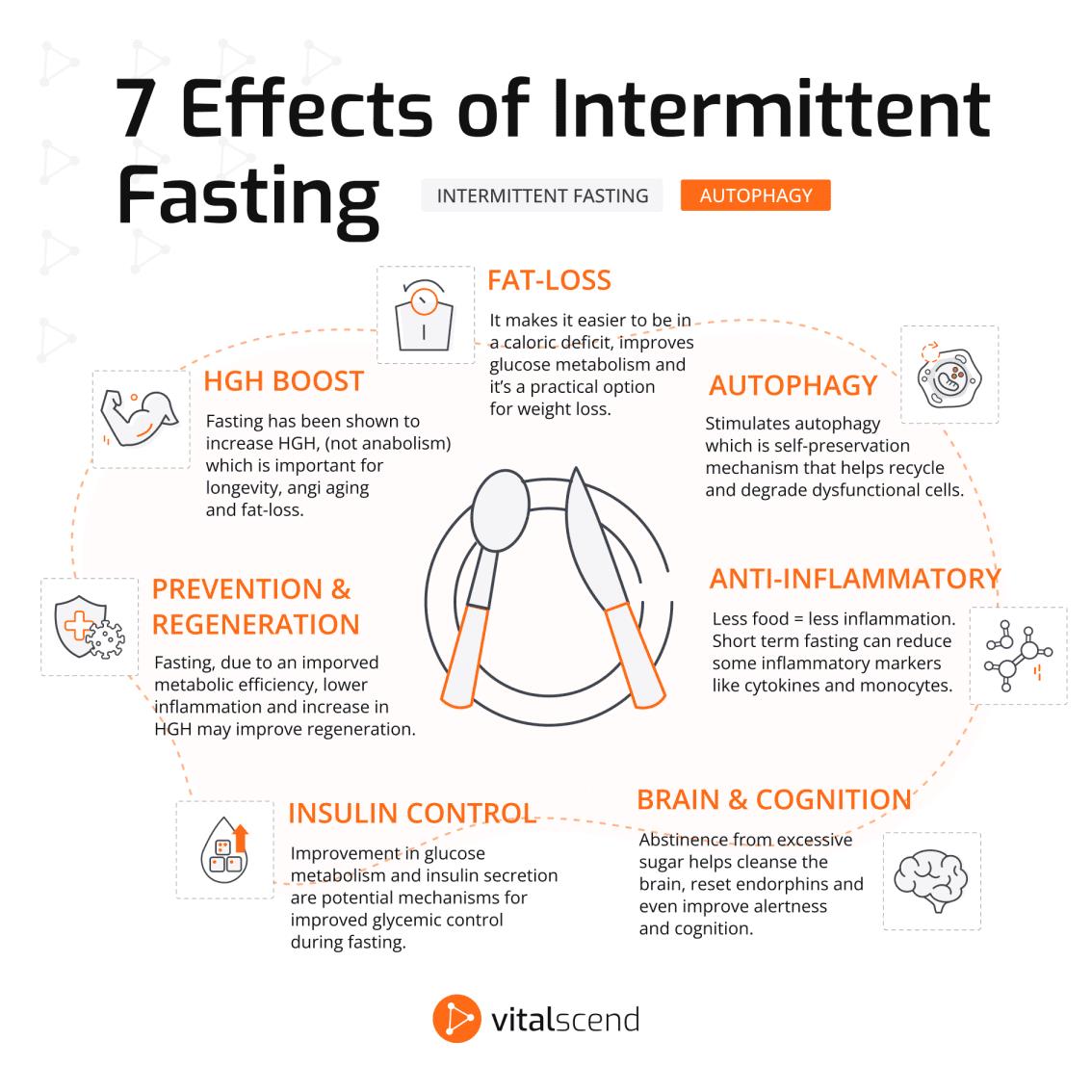
Whether you have diabetes, prediabetes or simply want to improve your glycemic control, intermittent fasting might be right for you. But before you start, talk to your doctor or dietitian for guidance.
Intermittent fasting can improve glycemic control by decreasing insulin levels and improving the body’s ability to burn stored fat instead of sugar for energy. Studies show it can also reduce inflammation and increase cardiovascular health.
How Intermittent Fasting Affects Glycemic Control
Intermittent fasting is a diet plan that limits the amount of time you eat during a day. It also restricts the number of calories you eat during the fasting period.
Studies have shown that intermittent fasting can help people with diabetes control their blood glucose. However, it’s important to be sure you work with your diabetes team to use this eating plan safely.
The goal of intermittent fasting is to lower your insulin levels so your body uses fat as its main energy source instead of sugar. This can help you lose weight and prevent diabetes.
During a fast, your body breaks down proteins and fats into energy. Then, your liver converts the energy into sugar to keep your blood glucose levels steady.
The Benefits of Intermittent Fasting for Glycemic Control
A number of studies have shown that intermittent fasting can improve glycemic control and body composition in people with obesity and diabetes. The diet involves limiting food intake to periods of time, usually 16 hours or less.
Many different schedules of IF are available, so it is important to find one that is best for you and your lifestyle. Popular IF schedules include alternate day fasting, where you consume very little calories on one day and then eat normally the next day.
It is also important to keep a balanced diet during your fasting and non-fasting periods. That means eating lots of fruits, vegetables, whole grains, low-fat dairy, and lean protein.
It is also important to drink plenty of water and calorie-free beverages throughout your fast. This can help prevent dehydration and keep your blood sugar level stable.
The Risks of Intermittent Fasting for Glycemic Control
Intermittent fasting can be a beneficial tool in glycemic control. It can also help people lose weight and improve their overall health. However, it is not suitable for everyone and may cause some side effects.
If you are considering intermittent fasting, it is important to speak with a health care provider who can assess your health and provide guidance on whether or not it’s right for you. It is also not recommended for those who are pregnant or breastfeeding, those with high blood pressure or diabetes, or those who have a history of eating disorders.
A meta-analysis of 32 arms with 1,863 participants (case = 947, control = 916) found that IF reduced FBG concentrations (WMD: -0.053 mmol/L, 95% CI: -0.105 to -0.001, p
The Bottom Line
Intermittent fasting is a popular dietary trend and it can benefit your overall health. The key is to make sure you are doing it properly.
It is also important to check with your doctor or nutritionist if you are pregnant or have an underlying medical condition before starting any diet plan, especially IF.
The benefits of intermittent fasting can include weight loss and a reduction in blood sugar, insulin and cholesterol levels. But the practice is not for everyone, and it can be difficult to stick to.
Luckily, a functional medicine practitioner can help you assess your goals and create a plan that will help you achieve them. They can help you figure out which fasting method is best for you, and how to go about it.
Frequently Asked Questions
Is it possible to lose belly fat through intermittent fasting?
The key to solving problems is to challenge the status quo. Traditional wisdom holds that exercise and caloric restriction are key to losing belly fat. However, recent research has revealed that intermittent fasting is more effective and faster than previously believed.
Intermittent Fasting means that you only eat within an 8-12 hour time frame each day. This leaves 12-16 hours for fasting between meals. During these fasting periods, you don't have to worry about counting calories or portioning your meals as you would with consistent calorie restriction.
If done properly, intermittent fasting can boost metabolism and help you burn fats more effectively than other methods for long-term weight reduction. It can also help improve mental clarity, digestion, inflammation, and decrease the risk of chronic diseases, such as type 2 diabetes.
This practice doesn't require much effort on the part of the user. Simply set a timer to determine when you will eat, then avoid food until the timer goes back off. Intermittent fasting offers a straightforward way to lose belly fat and improve health outcomes.
Intermittent fasting may be a great option to kickstart your weight loss journey. However, it isn't a miracle cure. However, you still need to make sure that your diet is healthy and balanced. You also need to get enough exercise. Before you start a new diet, consult your doctor if there are any underlying medical conditions, pregnancy, or breastfeeding issues.
Intermittent fasting is not recommended for everyone.
Intermittent fasting should be understood by everyone. Intermittent fasting may have many health benefits but it might not be right for everyone.
Pregnant women and couples who wish to conceive should not fast intermittently, as there is not enough clinical evidence to prove its safety. Recovering from an eating disorder or someone with disordered appetite might find that restricting one's diet triggers unhealthy eating behaviors.
You might also be taking insulin, hypoglycemia, or Type 1 diabetes medication. Talk to your doctor before trying intermittent fasting. This will help you avoid the risks of low blood sugar. Finally, people who exercise regularly may wish to try short-term (e.g. 12-hour) fasting rather than the 16/8 approach of most traditional forms.
Anyone considering an intermittent fasting program should seek advice from a doctor or a nutritionist to determine how their body will respond to this type of nutrition timing strategy.
What research says about intermittent fasting and weight loss?
It is possible to discover amazing possibilities by exploring the benefits of intermittent fasting for weight loss. There are studies that suggest changing your eating habits throughout the day could be beneficial for weight management and overall health. Research also indicates that structured fasting can help boost metabolism, reduce food cravings, promote fat burning and reduce inflammation.
Intermittent Fasting is a fascinating concept that relies on several physiological processes. It can be used to increase health and weight loss. Recent studies have shown that intermittent fasting can improve insulin sensitivity, cell repair and hormone balance, as well a positive effect on bacterial populations.
These lifestyle adjustments are promising for those looking for a lifestyle change and an additional tool to aid in weight loss. People who are trying to achieve long-term goals can enjoy increased energy and mental clarity.
The evidence supporting positive hormone balance through fasting protocols is equally impressive. This prevents you from feeling deprived or too satisfied by indulgences. This allows you to eat optimally while still achieving your physical activity goals.
It is easy to create a trusted plan of action that works by leveraging the scientific evidence and conclusions regarding intermittent fasting and its effect on sustained well-being goals.
What are the rules of intermittent fasting?
It takes some knowledge of the rules and regulations to unravel the secrets of intermittent fasting. This dietary practice focuses on limiting your caloric intake or meals to specific days or hours rather than daily.
Intermittent fasting involves eating periods followed by eating periods. This "not eating" may come in simple calorie restriction with little to no calories consumed during certain times and days. An intermittent fasting diet can have many health benefits, including increased energy, better focus, concentration, decreased inflammation, lower blood sugar, balanced blood cholesterol, lucid dreams, and fat loss.
However, fasting shouldn't be something you do without planning or guidance. It is best to establish the proper parameters before embarking on this journey in order to reap the many benefits. While these rules may vary depending on which type of fast someone is following (e.g. partial fasts or complete fasts), the basic guidelines for intermittent fasting are: Choose a time frame in which you will eat, choose meals with low glycemicindex, hydrate well, avoid snacking, exercise before and after eating, cycle your fasting periods between one and several weeks, and take plenty of rest.
These tips will help to ensure that you have a successful experience with intermittent fasting.
Statistics
- IF trials found weight loss of 0.8% to 13.0% of baseline weight with no serious adverse events. (ncbi.nlm.nih.gov)
- When diet composition was controlled, most protocols were consistent with Health Canada and American Heart Association guidelines: 55% carbohydrates, 20% fat, and 25% protein. (ncbi.nlm.nih.gov)
- In 2018, 63.1% of Canadian adults were overweight or obese. (ncbi.nlm.nih.gov)
- consumption was examined in 1 study, which compared dietary fat intake of 45% versus 25% at the expense of carbohydrate intake. (ncbi.nlm.nih.gov)
External Links
doi.org
- Clinical Management of Intermittent Fasting in Patients with Diabetes Mellitus
- 24-hour Fasting with Diabetes: Guide for doctors advising patients on medication adjustments before religious observances, or outpatient surgery procedures - Grajower – 2011. Diabetes/Metabolism Research & Reviews – Wiley Online Library
annualreviews.org
nejm.org
- Effects of Intermittent Fasting on Health, Aging, and Disease
- Calorie Restriction with or without Time-Restricted Eating in Weight Loss
pubmed.ncbi.nlm.nih.gov
- Intermittent fasting: is there a role in the treatment of diabetes? PubMed Review of the Literature and Guide for Primary Care Physicians - PubMed
- Daily Fasting Improves Health and Survival in Male Mice Independent of Diet Composition and Calories - PubMed
How To
Practice Intermittent Fasting and exercise
To achieve the ultimate fitness routine, you need to pay attention to details that are often overlooked. A great fitness professional knows that it's more than just how many calories are burned.
Smarter eating habits can help you maximize your workouts and protect your health. This is where intermittent fasting and exercise come in.
Both of these techniques will allow you to control hunger and food temptations while still getting the results that you desire. Combining them together can provide incredible metabolic benefits.
Intermittent Fasting is a way to stimulate fat oxidation using hormone levels. This can be combined with regular exercise and research has shown it to be an effective tool in weight loss. This practice will allow you to change up your body’s energy source, so stored fats can be more easily used for fuel during your workout sessions. This will make each session more productive.
The combination of intermittent fasting and exercise allows for intense workouts, while decreasing caloric intake does not mean you have to sacrifice energy or performance. This may help to reduce muscle protein damage and reduce oxidative stress from exercising hard.
Get ready to experiment with this powerful combination and transform your body!
Resources:
 |
[Doctorly Unhinged - EP1] Ozempic Woes, DEBUNKING Intermittent Fasting, and the DANGERS of ManicuresSUBSCRIBE TO OUR PODCAST! https://doctorly.podlink.to/unhinged Is this trending medication that’s been touted to cause dramatic weight loss changing |
 |
The Good Life: Intermittent fasting: Ideal for weight loss?We decode the hype around one of the most popular eating methods for weight loss. Is intermittent fasting for everyone? #thegoodlife #intermittentfasting |
 |
Intermittent Fasting: A Two-Month Experiment. Does It Work? | Talking Point | Full EpisodeAfter drinking sugar-laden bubble tea three times a week for a month for an earlier Talking Point episode, host Steve Chia is ready to lose the weight he |
 |
Intermittent Fasting May Have Health Benefits Beyond Weight Loss | TODAYAccording to an article in the New England Journal of Medicine, new evidence suggests that intermittent fasting could provide many health benefits beyond |
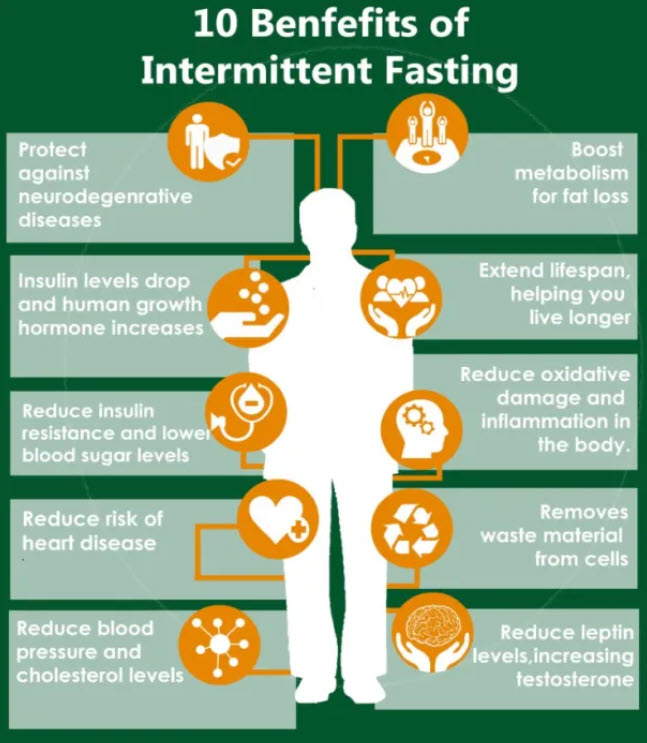 |
Intermittent Fasting For Weight LossWeight loss with Ketosis |
 |
Don’t know whether to cut or bulkDon’t know whether to cut or bulk |
 |
What’s your favorite way to eat chicken?What’s your favorite way to eat chicken? |
 |
Intermittent Fasting TESTED - 30 Day Before & AfterGo to https://NordVPN.com/goalguys and use code GOALGUYS to get a 2-year plan plus 1 additional month with a huge discount. It’s risk-free with Nord’s 30-day |
 |
Intermittent Fasting and Low-Carb DietIf you want to lose weight, try combining intermittent fasting with a low-carb diet. Both methods help you lose fat and control health conditions... |
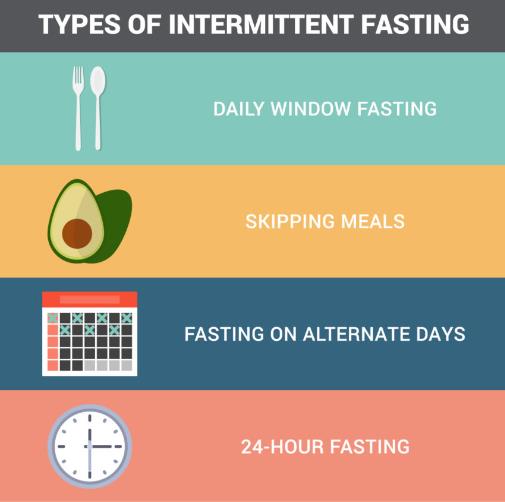 |
Intermittent Fasting For Pregnant WomenWhile intermittent fasting for pregnancy has its benefits, it can also be dangerous. Read on to learn more about the risks and benefits of.. |
 |
Intermittent Fasting Guide for 2022 | Doctor Mike HansenIntermittent Fasting Guide for 2022 | Doctor Mike Hansen Did you know that it's been predicted that by 2030, more than half of the U.S population will be |
 |
How to do Intermittent Fasting: Complete GuideJoin my Email List: https://www.thomasdelauer.com Check out Thrive Market: http://ThriveMarket.com/Thomas Follow More of My […] |
 |
Intermittent Fasting Myths - Top 5 | Jason FungI cover the most important myths about intermittent fasting and why they are not true. Check out my website at https://www.doctorjasonfung.com and blog at |
 |
How Intermittent Fasting Affects Your Body and Brain | The Human BodyStars like Beyonce and Hugh Jackman have spoken out about following intermittent fasting plans to get in shape. How does intermittent fasting work? Here's what |
 |
How Autophagy WorksAutophagy is a dynamic degradation system that promotes tumor survival. It also promotes the growth of established tumors and facilitates metastasis. .. |
 |
How to Start Intermittent Fasting in 2023 - UPDATED INFORMATION & SCIENCEJoin Thrive Market Today to get 30% Off Your First Order AND a Free Gift Worth up to $60! http://ThriveMarket.com/Thomas How to do Intermittent Fasting in |
 |
Intermittent Fasting 8/16You may have heard of the intermittent fasting 8/16 or 12/12 time restriction. This type of fast requires you to go without eating or drinking for.. |
 |
Intermittent Fasting For WomenSide effectsWomen who are looking for a way to lose weight can try intermittent fasting. However, there are several side effects to this type of.. |
 |
How Much Cholesterol in a DayHow much cholesterol in a day depends on a number of factors. While dietary cholesterol is not necessarily bad, excess intake can lead to serious.. |
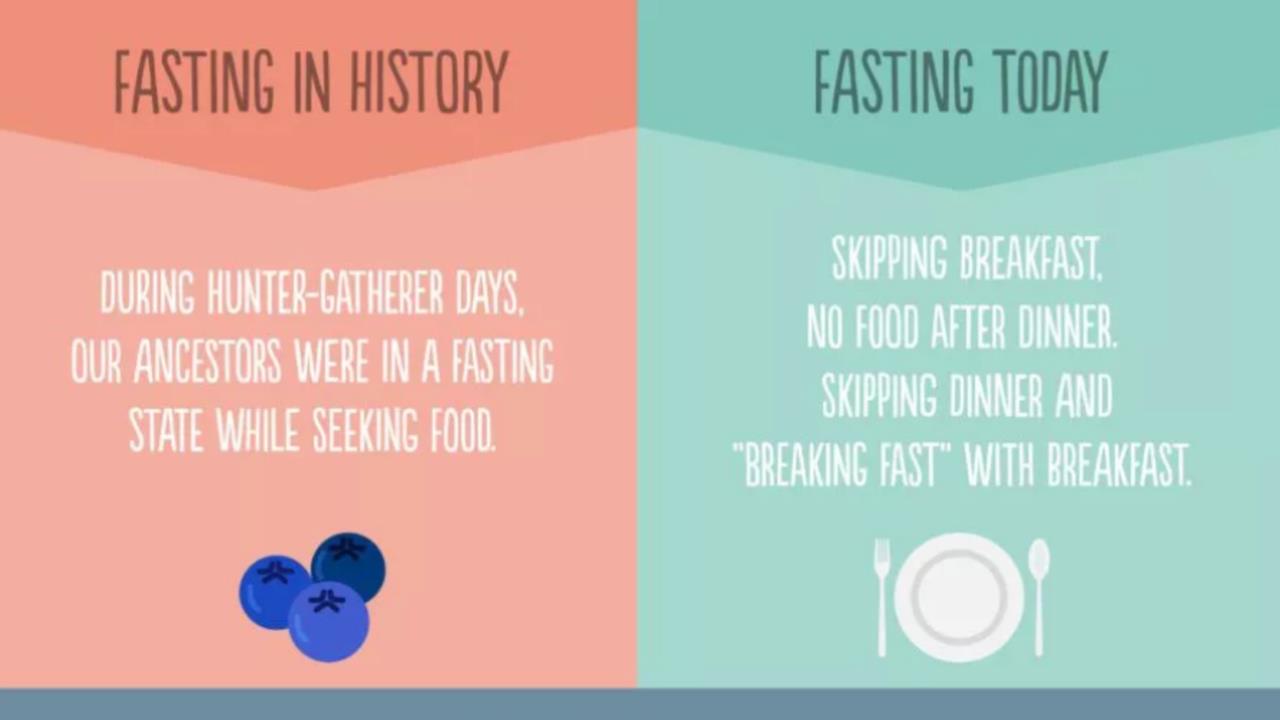 |
Is Skipping Breakfast Right For You?Skipping breakfast has a number of benefits, including the ability to lose weight, improve training performance, and increase growth hormone levels... |
 |
The Benefits of the AIP DietThe AIP diet has a number of health benefits. Besides reducing inflammation and weight, this diet also provides essential nutrients. These include.. |
 |
Is Eating Only One Meal A Day a Good Idea?Eating only one meal a day is not a good idea, and it is not sustainable for most people. It may help some people lose weight, but for the average.. |
 |
What Are the Side Effects of Water Fasting?Water fasting is a form of fasting, where a person consumes only water during a period of time. It may be undertaken for medical reasons or for.. |
 |
Intermittent Fasting and Blood PressureResearchers have discovered that intermittent fasting may have positive effects on blood pressure. Blood pressure affects the risk of heart disease,.. |
 |
Intermittent Fasting For Weight LossAll you need to know about Intermittent fasting and weight loss |
 |
Is it Okay to Drink Coffee on Intermittent Fasting?You might have heard that it's okay to drink black coffee on intermittent fasting. But did you know you can also enjoy a cold brew? What about.. |
 |
How to Start Fasting 48 HoursIf you are considering fasting 48 hours, here are some of the benefits. There are also a few precautions you should keep in mind before you begin. In |
 |
A Psoriasis Diet Can Help Reduce the Severity of Your PsoriasisA psoriasis diet should consist of eating foods that are rich in vitamin A and C, as well as avoiding sugars and processed foods. Avoid eating red.. |
 |
The DASH Diet to Prevent HypertensionThe DASH diet is an eating plan that was developed by the National Heart, Lung, and Blood Institute. It focuses on fruits and vegetables, low-fat.. |
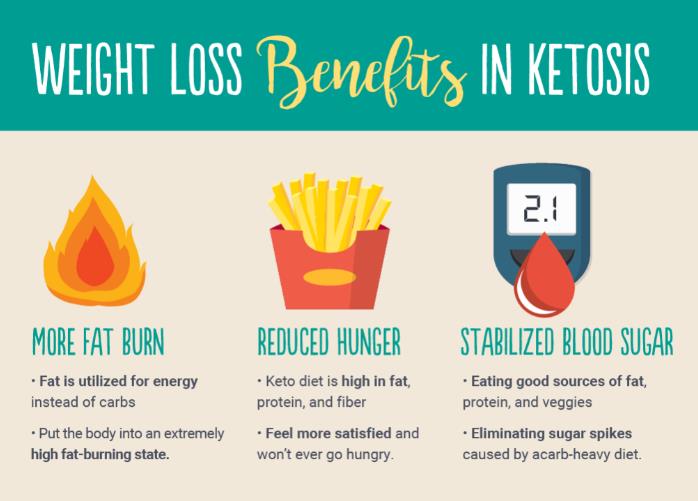 |
LIFE Fasting Tracker - LIFE Apps | LIVE and LEARNThe best, and free, intermittent fasting tracking app for iPhone and Android. Easy to use. Supports all fasting types. Fast with friends. Download for Free. |
 |
Intermittent Fasting AppsIf you're on an intermittent fasting regimen, it's important to keep track of your food and exercise intake. Several apps can help you stay on track.. |
 |
Time Restricted EatingIf you're interested in losing weight or improving your health, you may want to try Time-restricted eating or intermittent fasting. Read on to learn.. |
 |
Reactive HypoglycemiaThere are several different ways to treat reactive hypoglycemia. The first step is to reduce or eliminate your caffeine and alcohol intake. You may.. |
 |
Low-Carb Meal PlansLow-carbohydrate meal plans are based on limiting the amount of carbohydrates you eat. Instead, you replace foods that are high in carbohydrates with |
 |
Intermittent Fasting: What is it, and how does it work?Intermittent fasting involves switching between fasting and eating on a regular schedule. This type of fasting could manage your weight or even some forms of |
 |
How Autophagy WorksAutophagy is a dynamic degradation system that promotes tumor survival. It also promotes the growth of established tumors and facilitates metastasis. |
 |
The 12-Hour Fast - What Are the Benefits of a 12-Hour Fast?The 12-hour fast is a popular dietary approach that can help you lose weight. It forces your body to rely on its stored fats for energy. It has also.. |
 |
Fasting Before Working OutFasting before a workout has its advantages. Not only does it provide more energy during a workout, it can also help with digestion, which can take.. |
 |
Healthy Ways to Lose WeightLosing weight is a great way to improve your health and reduce your risk of certain conditions. It can also reduce your total cholesterol levels and.. |
 |
Intermittent Fasting 101 — The Ultimate Beginner's GuideThis is a detailed guide to intermittent fasting (IF). Studies show that it can help you lose weight, improve health and perhaps even live longer. |
 |
Top Intermittent Fasting AdvantagesThere are many advantages to intermittent fasting as a strategy for weight loss. Intermittent fasting can work with any diet... |
 |
Weight Loss (Low Carbohydrate Diets)Low carb diets have often been used throughout history for weight loss. Although sometimes called a fad, low carb diets have actually more science... |
 |
The Key Factors of Weight LossWeight gain and obesity, like any medical disease, is multifactorial. This means that there are many factors that cause weight gain... |
 |
How Doctors Lose WeightHow do doctors lose weight? For their patients, doctors often advise following standard diets, but when trying to lose weight themselves... |
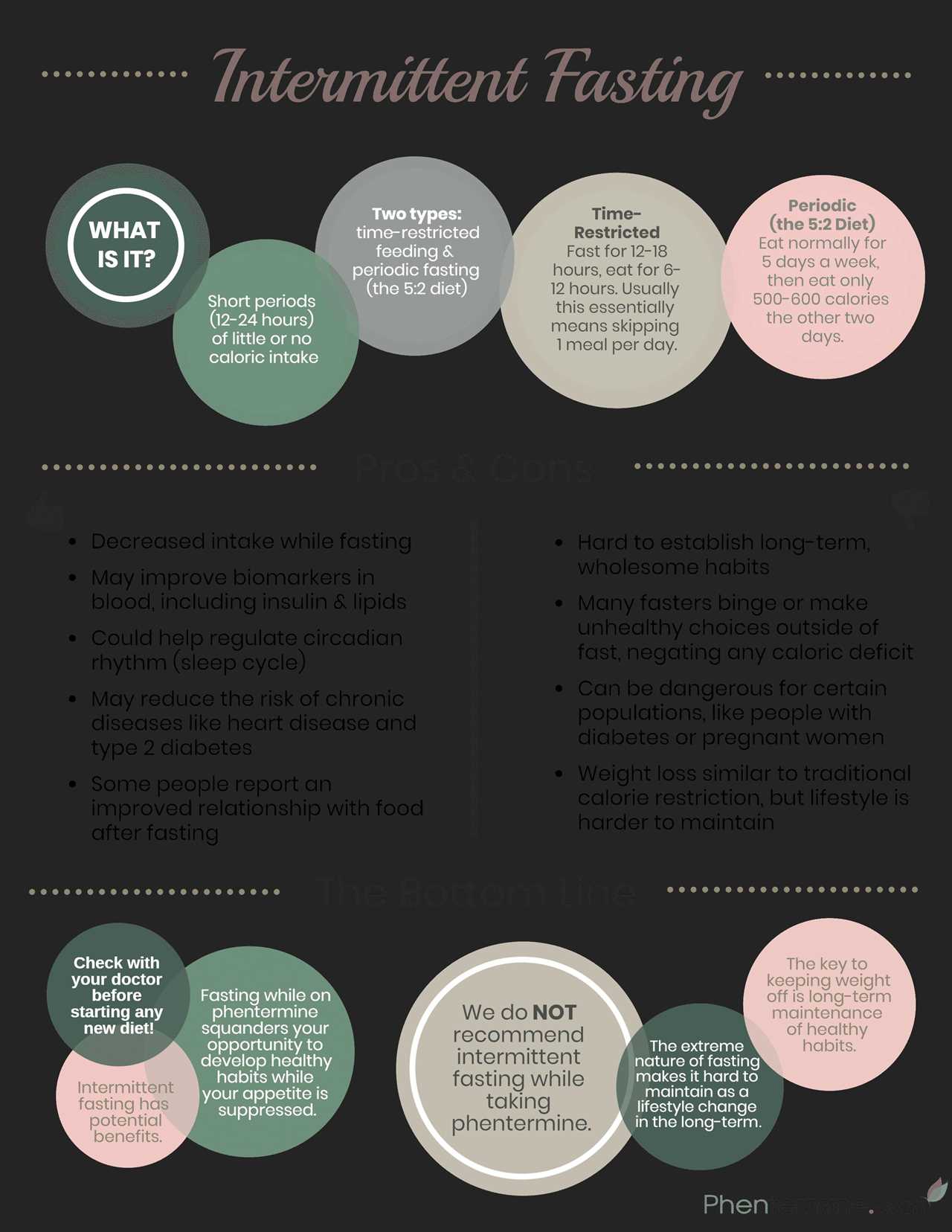 |
Is intermittent fasting good for you?Intermittent fasting isn't new, but it's gaining followers. What's the appeal? |
 |
Vacation Weight Loss PlanWhat is the best vacation weight loss plan? Most people [...] |
 |
Should I (lean-) Bulk or Cut?Should I (lean-) Bulk or Cut? |
 |
100lbs down!100lbs down! |
 |
Calculating the Maintenance calories on workout and rest daysCalculating the Maintenance calories on workout and rest days |
 |
Intermittent fasting: The positive news continues - Harvard HealthHarvard research about Intermittent fasting ... |
 |
Rat Model: Intermittent Fasting Normalizes High Blood Pressure Induced by Harmful Intestinal BacteriaPrevious studies have shown that a harmful combination of gut bacteria can cause high blood pressure (hypertension) in humans and other animals. Having a |
 |
Your D-I-E-T Meditation PlaylistIn my TEDx talk, I suggest recasting the noxious word “diet” into D-I-E-T — a reminder to ask ourselves “Did I Enrich Today?” One of the ways we can enrich…The |
 |
Holiday Health (Damage Control)With the holidays on us, maybe your intermittent fasting schedule isn’t as rigorous as it once was. That’s not necessarily a bad thing, because social |
 |
You Got a Zero.Zero’s not been my hero. Through grade school and college, zeroes used to be something of a monster in my mind. Teachers illustrated just how bad a zero is |
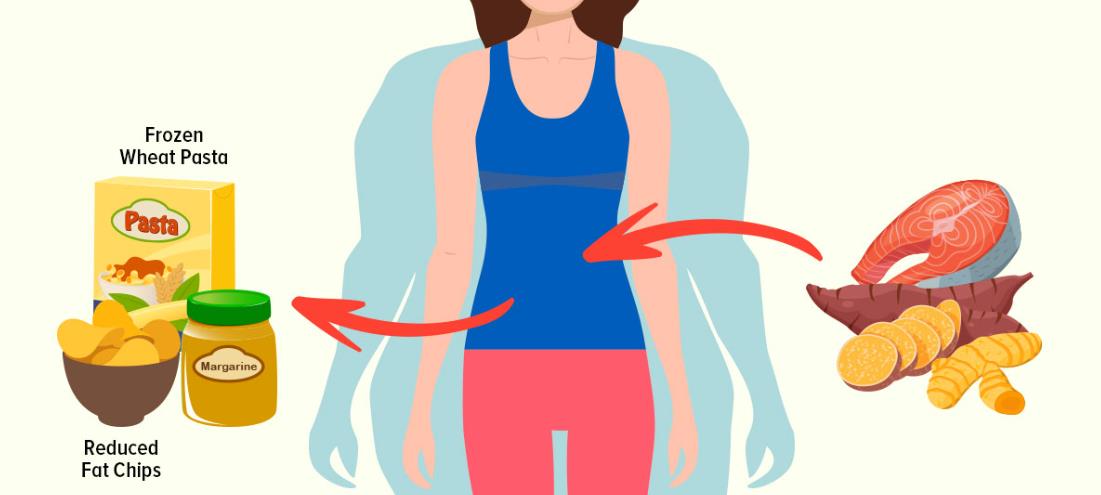 |
Six ways to do intermittent fasting: The best methodsIntermittent fasting is an increasingly popular diet option for weight loss. There are several programs, but this guide can help you find out which one is |
 |
Intermittent Fasting ExperiencesI took part in an energetic discussion of intermittent fasting experiences as part of the release of Women Action Takers Who Gained By Losing for which I wrote |
 |
How to Break a Fast: What to Eat After FastingHow to Break a Fast: What to Eat After Fasting Written by Stephen Anton PhD on May 15th, 2022 How to break a fast? This is an excellent question and one |
 |
How to Believe in Yourself: 10 Tips for Becoming Your Best SelfHow to Believe in Yourself: 10 Tips for Becoming Your Best Self Guest Post by William Anton PhD on June 12th, 2022 William D. Anton, Ph.D is a renowned |
 |
36-Hour Fast (Monk Fast): Everything You Need to Know36-Hour Fast (Monk Fast): Everything You Need to Know Written by Stephen Anton PhD on July 5th, 2022 The 36-hour fast is a challenging fast in that it |
 |
Diet A to Z: Intermittent FastingThe two-day-a-week diet: How intermittent fasting can help you lose weight and boost your health. |
 |
18/6 Intermittent Fasting: Is It the Right Plan for You?18/6 Intermittent Fasting: Is It the Right Plan for You? Written by Stephen Anton PhD on November 29th, 2022 Intermittent fasting has become one of the |
 |
20/4 Intermittent Fasting: The Pros and Cons of a Longer Fast20/4 Intermittent Fasting: The Pros and Cons of a Longer Fast Written by Stephen Anton PhD on January 25th, 2023 There are so many different approaches to |
 |
Everything you need to know about the OMAD dietThe one meal a day (OMAD) diet is a type of time-restricted eating intermittent fasting protocol that involves—you guessed it—eating just one meal a day and |
 |
The ultimate guide to intermittent fasting 20/4When we’re trying to lose weight, we usually think about what we can and can’t eat. Bye-bye beer and burgers. Helloooo carrots and kale! But with intermittent |
 |
The Flexitarian Diet — A Beginner’s Guide by SimpleFrom workouts to working hours, most of us enjoy a little flexibility. So it’s no wonder that when it comes to what we eat, a little wiggle room goes a long |
 |
The Mediterranean diet for weight lossPeople have loved the Mediterranean diet for many years. It’s not a “weight loss diet,” per se. It’s just how people in places close to the Mediterranean Sea |
 |
The complete guide to 18/6 intermittent fastingIntermittent fasting (IF) regularly shows up as many health-seekers’ go-to eating plan, and for good reason. Research suggests that it could have a profound |
 |
The Impact of Different Drinks during Intermittent Fasting: Benefits, Downsides, and ResearchA common dietary strategy called intermittent fasting (IF) alternates between periods of fasting and eating. Apart for water, black coffee, and tea, people |
 |
Intermittent fasting (IF): Your complete guide - Diet DoctorIntermittent fasting is popular, effective, and easy. This guide tells you how to get started with a successful intermittent fasting routine. |
 |
Intermittent Fasting and Muscle Gain: Benefits, Downsides, and ResearchA common dietary strategy for people who want to increase their muscle mass while also aiding fat loss is intermittent fasting (IF). Although IF has mostly |
 |
Burning Belly Fat: Intermittent Keto vs Intermittent Fasting – Which is More Effective?Visceral fat, commonly referred to as belly fat, is the fat that builds up around the midsection and is associated with a number of health issues, such as |
 |
When you’re ill, is intermittent fasting safe? Precautions and considerations.Those who want to reduce weight, get healthier, or even live longer are increasingly following the trend of intermittent fasting. Yet if you’re sick, you might |
 |
When Intermittent Fasting Stops Working: Reasons, Solutions, and EffectivenessRecently, intermittent fasting has become more well-liked as a technique to reduce weight, enhance general health and longevity, and even improve mental |
 |
5 Intermittent Fasting Methods, ReviewedIntermittent fasting comes in many shapes and forms. This article reviews its pros and cons so you can decide if it's worth a try. |

